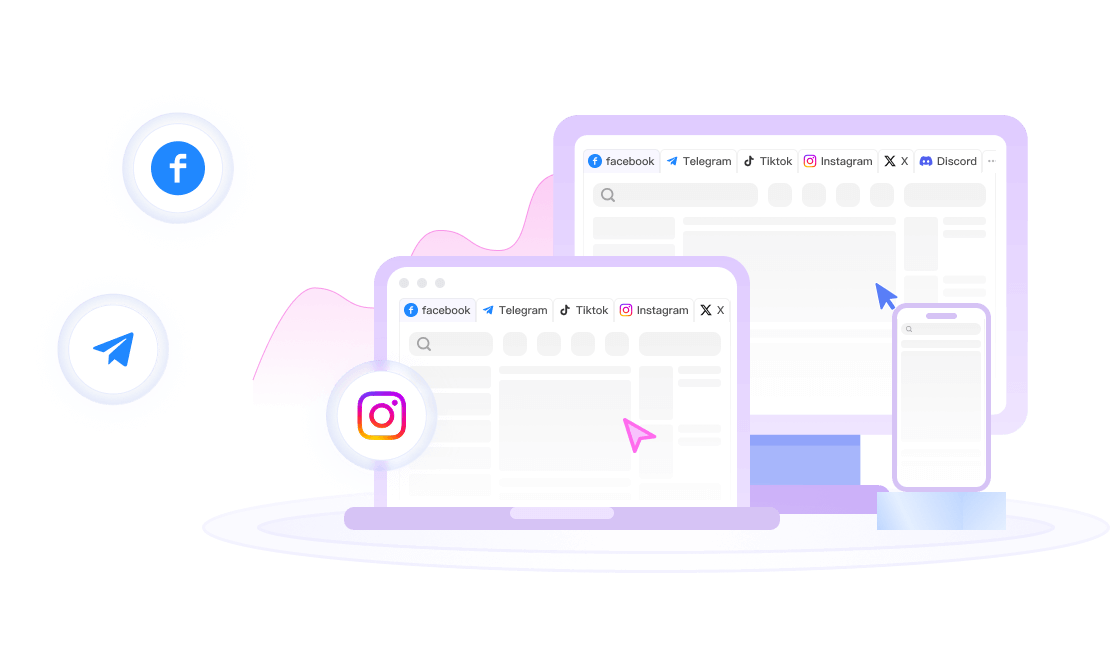What Are Mobile Proxies?
Mobile proxies route your internet traffic through cellular networks (3G/4G/5G), assigning you real mobile IP addresses that dynamically rotate. These IPs are sourced from actual mobile devices, making them appear as organic user traffic to websites—unlike datacenter or residential proxies.
Why Use Mobile Proxies?
- Undetectable IP Rotation
Mobile IPs change with each session or request, preventing websites from flagging your activity as bot-like. - Geo-Specific Access
Obtain local mobile IPs from any country to bypass geo-restrictions (e.g., verifying localized ads or accessing region-locked content). - High Success Rates
Platforms like Facebook and Google prioritize mobile traffic, reducing CAPTCHAs or blocks during scraping or multi-account operations.
Challenges Addressed by Mobile Proxies
- IP Bans: Static IPs trigger anti-bot systems. Mobile proxies circumvent this with constant rotation.
- Ad Verification: Test ads from different mobile carrier perspectives without detection.
- Account Association: Using the same IP across accounts gets them linked/banned. Mobile proxies provide unique IPs per session.
How FlashID Enhances Mobile Proxy Security
FlashID integrates seamlessly with mobile proxies to create fully isolated environments:
- Each browser profile pairs with a unique mobile IP, mimicking distinct mobile users.
- Combines dynamic IPs with device fingerprint spoofing (screen resolution, OS, etc.) for maximum anonymity.
- Ideal for:
- Managing multiple social media/ad accounts
- Web scraping without blocks
- Affiliate fraud prevention testing
Use Case:
An e-commerce store uses FlashID + mobile proxies to manage 50 Shopify accounts—each with a unique mobile IP and fingerprint—avoiding platform bans while scaling globally.
You May Also Like


